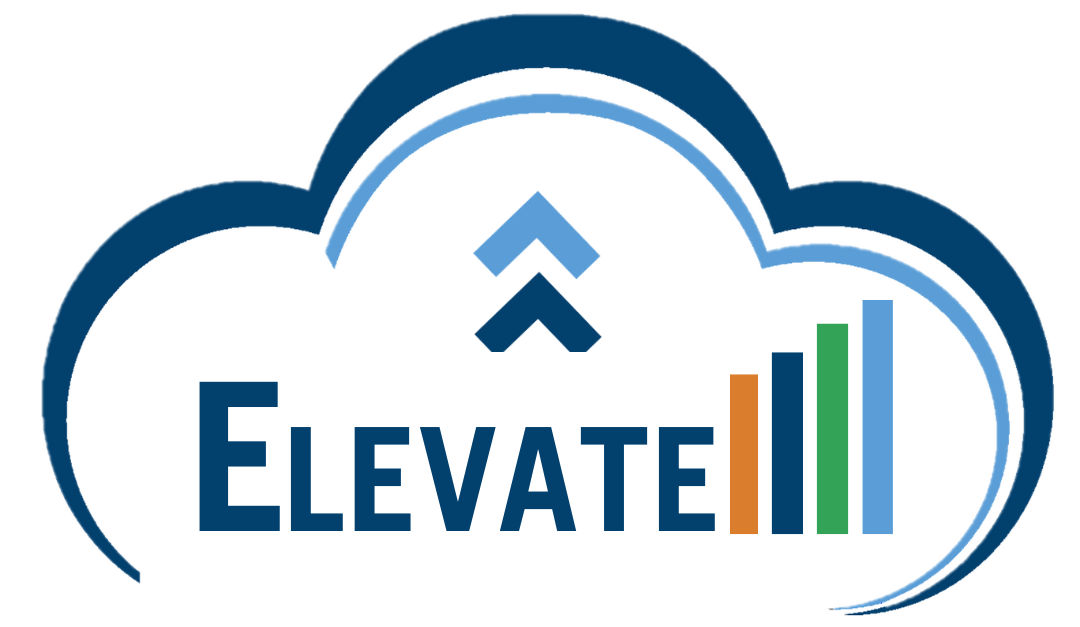As the adjustment to working from home continues for many, it is important to keep in mind the potential security pitfalls that come along with that. Your home WiFi network can open you and your company up to specific types of cybersecurity threats. Here are the types of threats to be on the lookout for, and how you can help prevent them as a member of the mobile workforce.
Risk Of Malware Infection
You’ve likely been using your personal computer at home for a long time and had security software pre-installed on it from the time of purchase. However, when you bring your work computer home for a remote work setup, it is even more important to protect it from malware. This will help protect sensitive organizational documents, passwords and processes.
When you are using your work computer at home, you are more likely to use it for personal use in down time and on the weekends. This kind of activity invites more occasions for malware to be installed onto the computer without your knowledge. This can happen when you download a file or click a link from a suspicious site (that may be a clone of a site you are familiar with) or opening emails from unknown persons.
Once you have downloaded this malware onto your computer, scammers now have access to any of the information you have on your computer. This includes passwords, phone numbers, bank account information and sensitive documents. They can then use this information to make nefarious purchases, or to sell to a third party for illegal use down the line.
Using Your Personal Computer For Work
Your employer likely spends a great deal of money on security software for every company issued laptop, as well as in collaboration and organizational tools that have built in security as part of the cost. When you start using your personal computer for work activities, you lose all of that protection that the company has provided.
If you must use your personal computer while you work from home, be sure you use a VPN (virtual private network) that is provided by your employer. VPNs have built-in safeguards that can better protect your data. Also be sure you are using the same approved tools that your organization has provided for day-to-day tasks.
Weak WiFi Security
Your home WiFi connection may be strong, but is it safe? Once someone has access to your network, they also potentially have access to every device connected to that network. You need to ensure that you make it as difficult as possible for someone to access your WiFi outside of your home. You can do this by ensuring that your password is long and complicated, implementing a firewall, enabling network encryption, disabling remote access and keeping any firmware associated with your router up to date.
How To Know If Your Computer Has Been Compromised
Unfortunately, even with strict guidelines in place, some users will still unwittingly be hit with malware or some kind of malicious cyber scam. Here are a few signs that your computer has been compromised and requires action from you:
- Your computer begins running slowly.
- Sudden crashes to your system.
- New pop-ups even when they haven’t been enabled.
- Unusual messages in your inbox (always check that the return email matches the name of the person who sent it to you)
- Being locked out of certain files and programs unexpectedly.
If you are experiencing any of these signs when working from home, contact your company’s IT department immediately for next steps. Do not continue working until the threat has been mitigated, as you could unwittingly compromise more people within your company and/or their sensitive documents and login information.
Other Ways To Protect Yourself With Working Remotely
Aside from items we have already discussed, there are many ways that you can help mitigate cybersecurity threats while you work from home.
- You can use two-factor authentication for logins. This takes longer, but is an added layer of security.
- Make sure all of your software is up-to-date and you’re using a secure, updated browser. If you need to share passwords or sensitive files, do so on a secure platform such as DropBox rather than through email.
- Stay logged into your VPN when doing anything work-related. It’s smart to use the protections that your company has put in place for you in case of accidental loss.
No one wants to be the victim of a cybersecurity breach when working from home. Make sure you are vigilant, keep all of your work on your work computer and know the signs of a breach. These things will help ensure your remote work remains secure!



